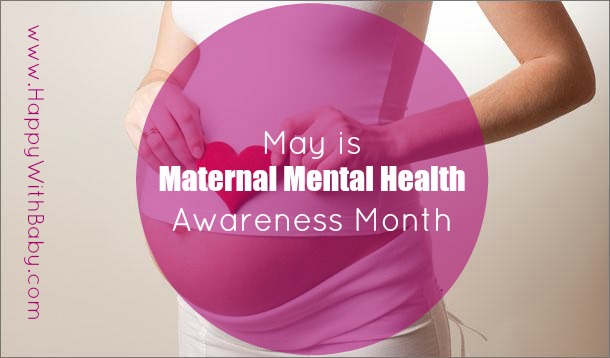Post Adoption Depression
Maternal Mental Health Awareness month (May) is over now, but I have another wonderful guest blogpost from my amazing intern, Elizabeth DeFazio. Not only is she a mom, partner, and Marriage and Family Therapist Intern, but she also has a unique background of being a RN, so her perspective is invaluable.

Guest Blog By: Elizabeth DeFazio, RN, MFT Intern
As Maternal Mental Health Awareness month ends we are reminded of the toll pregnancy and childbirth can take on a woman and her family. Some may look at these potential complications of childbirth and think adoption may be a better path to parenthood. But, as studies are finding, there can be depressive symptoms in parents following adoption. This is called Post Adoption Depression.
How can someone who didn’t even give birth develop symptoms similar to postpartum depression? While we know that hormones play a role in postpartum depression, it is now understood that hormones are just one piece of the puzzle. Stress, lack of social support, medical illness in the mother or child, and history of trauma are all factors that can lead to a postpartum mood disorder. These same factors can be issues for families who are adopting, resulting in similar symptoms of depression.
There are other factors in adoption that are not issues when babies are born into a family. For example, there is the rigorous process of paperwork, intrusive interviews, classes and evaluations that can take a year or longer for some to complete prior to adoption. Then there is the waiting for a phone call that changes your life in an instant. This is an enormous amount of stress to cope with and, while pregnancy has an end date (although it may seem to take forever), there is no due date for adoption.
So the baby is finally here! Why would they be depressed? First of all, the emotions of overwhelming joy cannot be sustained for long. Birth parents often struggle with this issue as well. I hear postpartum women say, “I wanted this baby for so long. Why am I not happy?” There is a let-down that comes after a long wait for anything. The excitement of a new baby leads to sleepless nights, lack of free time and feelings of disappointment when reality is different than expected. There is also continued stress about the potential for the loss of the child. With the exception of foreign adoption, children are not adopted the day they are brought home. There is generally a waiting period before adoption is finalized. This adds an element of stress and anxiety to all the other feelings adoptive parents navigate.
Adoption is a choice for the parents, but not for the children. Whether they are placed in an adoptive home at birth or as an older child, they have lost their birth family, and in the case of older children, there have been multiple other traumas and losses. No matter how happy and healthy these kids appear, they have special emotional needs that are likely to affect their behavior. A baby who is born and placed in his mother’s arms already knows her. The experience is different for babies removed from their biological mothers and given to strangers. Many of these children (though not all) have been exposed to substances prenatally or have been abused and or neglected. These babies can be slow to adjust to their new surroundings. They may cry inconsolably or struggle with feeding. All of this can make bonding difficult. Older children may act out in ways or intensity that new parents were not prepared for. These behavioral issues can affect relationships with family and friends, and your relationship with your partner or spouse.
Bottom line: There is no easy way to becoming parents. The process, whether through childbirth, adoption, or surrogacy, is long and riddled with risk. It only stands to reason that this stressful endeavor is going to take an emotional toll. All new parents need to be patient with themselves and the adjustment to parenthood. Talking to a professional or group of peers who have struggled with the same issues can normalize these feelings and provide a sense of hope. I believe, as an adoptive mother and a supporter of parents, that all the struggles of parenthood are worth it. But as with anything that is worthwhile, the road is difficult and we all need help and support.
Elizabeth DeFazio, RN, MFT Intern
www.elizabethdefazio.com
elizabethadefazio@gmail.com
About The Author

Elizabeth DeFazio combines her experience as a nurse with specialized training in counseling and perinatal mental health to support clients navigating the complicated transitions of parenthood.
Subscribe
Sign up to get the latest weekly blogs sent straight to your inbox


0 comments
Leave a comment
Please log in or register to post a comment